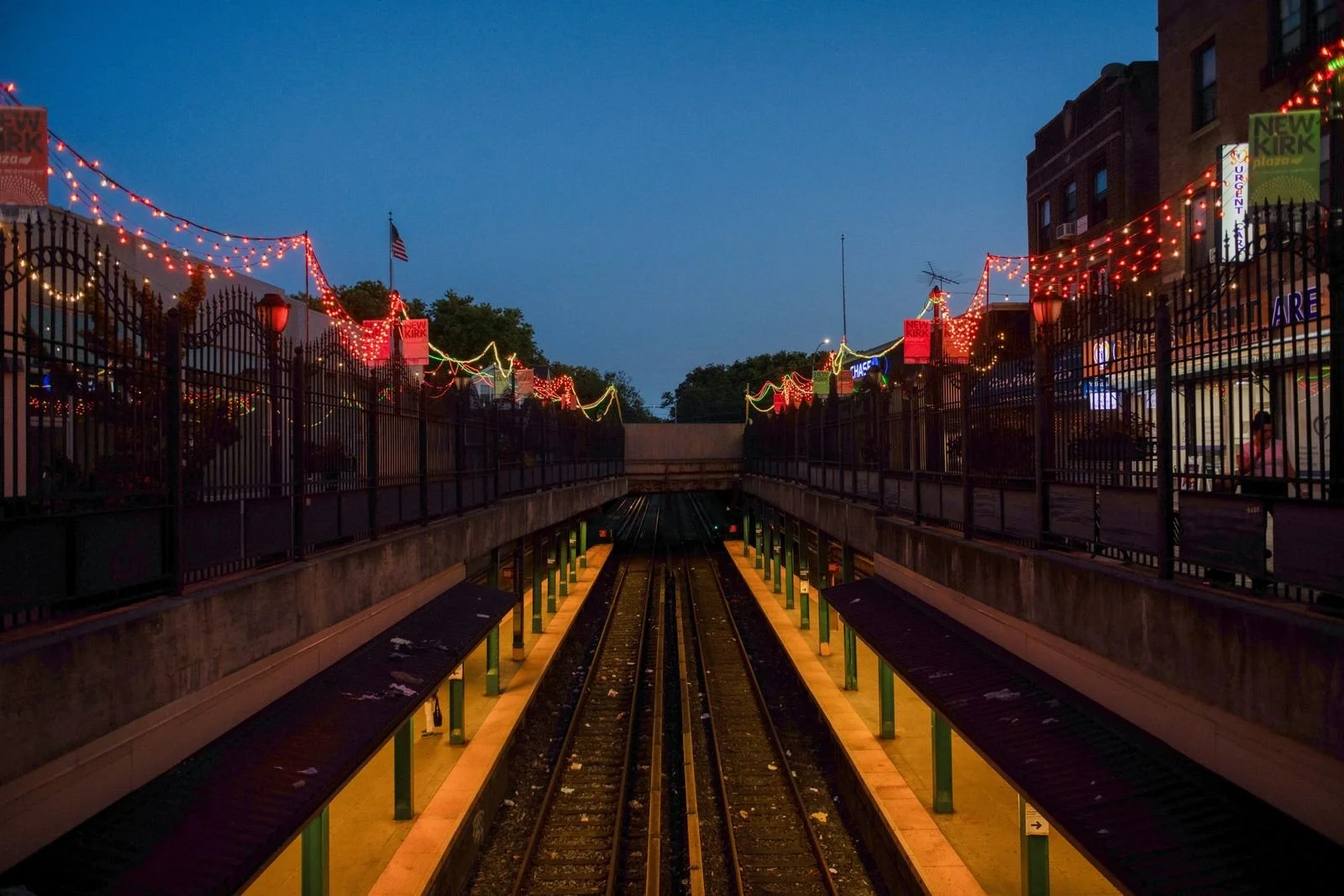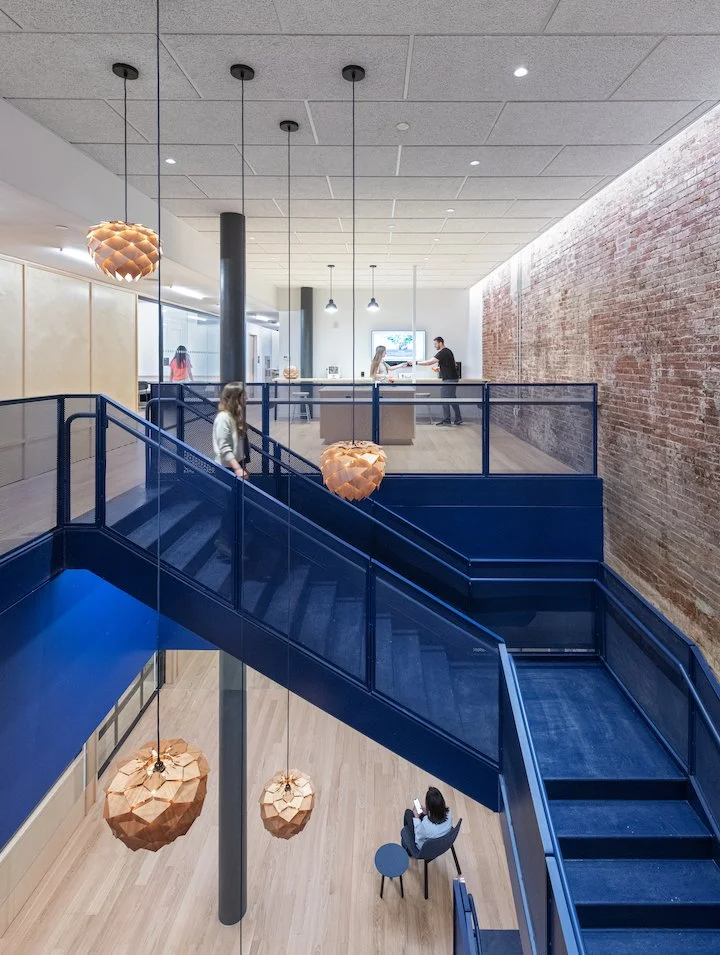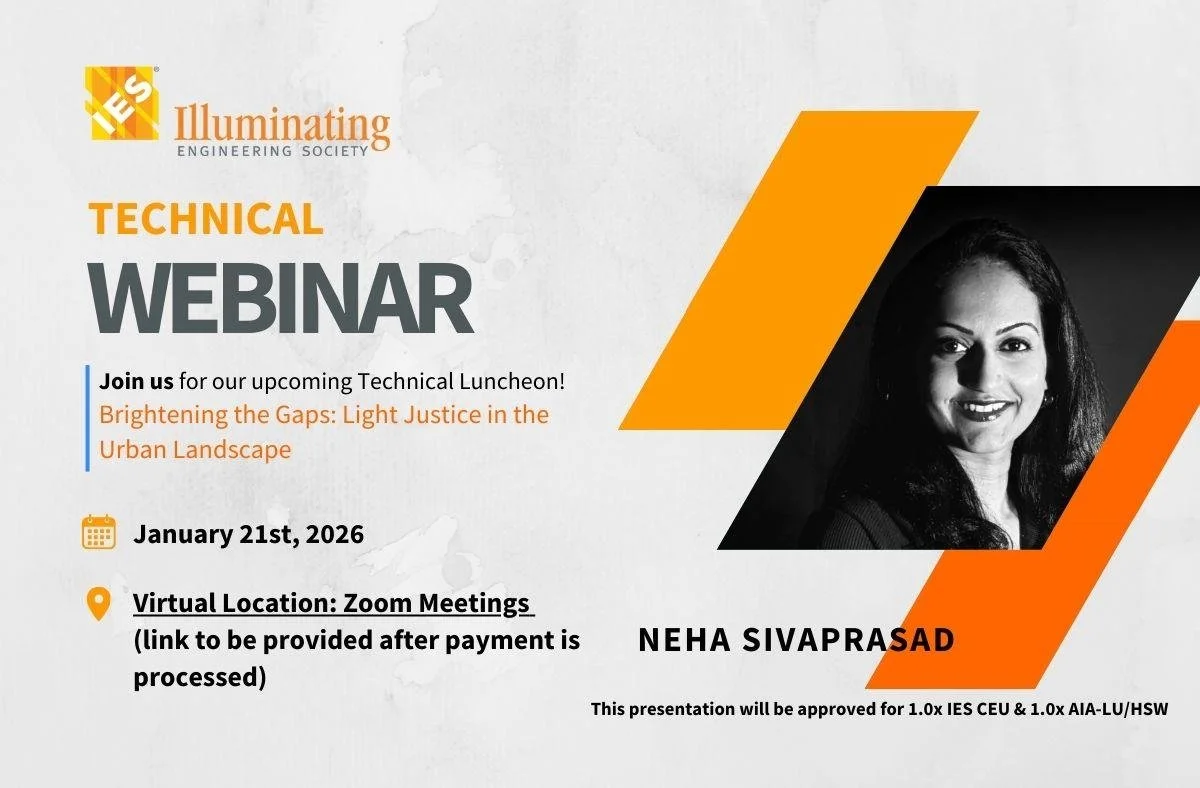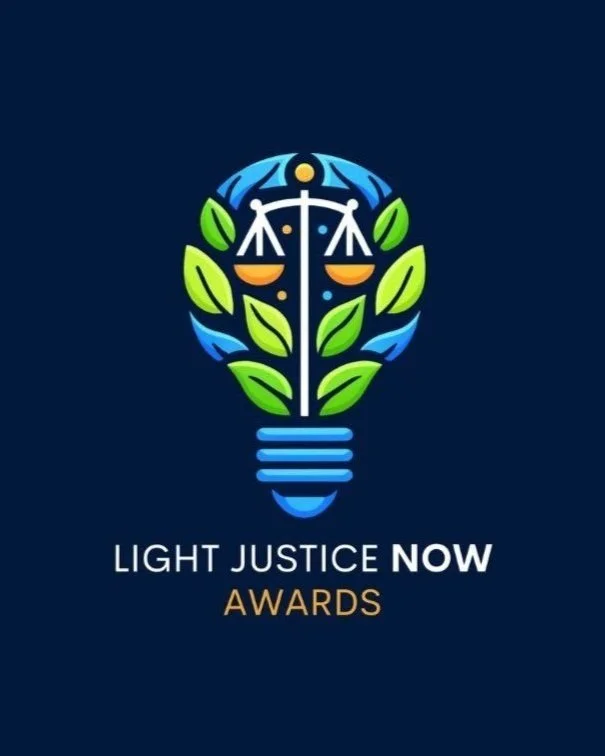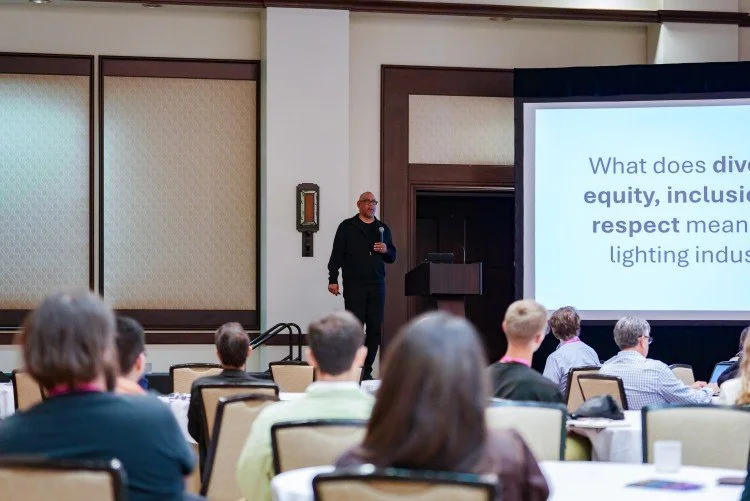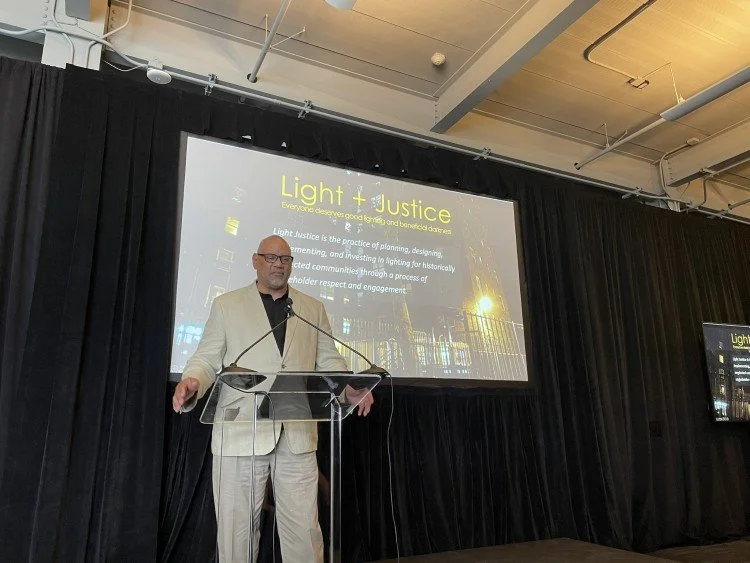Everyone deserves good lighting and beneficial darkness
Light Justice is the practice of planning, designing, implementing, and investing in lighting for historically neglected communities through a process of stakeholder respect and engagement.

What is Light Justice?
Thoughtfully designed and regularly maintained lighting is too often a signifier of prosperity. Under-resourced communities frequently endure inappropriate and even oppressive lighting, which in turn is detrimental to their well-being.
The lighting profession has both the obligation and opportunity to improve the visual experience of communities which historically have not been afforded adequate lighting attention and technology. Recognition of this responsibility, and curiosity around how lighting can contribute to greater social and environmental equity, is where light justice begins.
Related News & Articles
Achieving Equitable Indoor Lighting
Lighting Design + Application (December 2023)
Light + Justice In Action
Lighting Design + Application (February 2022)
With Good Lighting and Light Justice for All
Lighting Design + Application (September 2021)
Urban Outfitters: Viewing City Projects Through a Transformative Lens
Lighting Design + Application (March 2025)
Turn Down the Streetlights
The Atlantic (September 2024)
New Course Sheds Light On Need for Architecture Students to Be Exterior Lighting Competent
USC Architecture News (September 2024)
About Us
A forum for lighting professionals to share information and ideas about lighting justice issues, opportunities, and actions.
A repository for lighting justice resources accessible to everyone, whether lighting professionals or community members.
A hub to connect efforts across organizations in the pursuit of greater justice in how communities are impacted by light.
Light Justice Principles for Change
-

Engage
The practice of Light Justice begins through connecting with the occupants and stakeholders who will live with the lighting we design. Ask questions of the stakeholders, or community representatives. Not about lighting, but about how they want to experience their space during the day and at night, and truly listen. By hearing their preferences and apprehensions before prescribing solutions, our lighting can provide greater benefit to residents and communities. Engagement with communities and stakeholders should be done through existing community-based organizations who already have the trust and goodwill of the community.
-

Co-Educate
Share our knowledge with stakeholders so that they are better able to articulate the lighting qualities that they want to experience in their space. This may be an experiential sharing through a “night walk” observing existing conditions in their neighborhood, and then to other sites where they can experience quality lighting. We can produce material that can be shared widely, building a community’s collective knowledge and language around advocating for the lighting they deserve.
-

Empower
Have stakeholders be a part of the design process. Take their feedback and incorporate it into the lighting design. Lighting mock-ups with the community are an excellent way to empower stakeholders to see the impact of lighting and how their feedback can be incorporated into the final design. Design charrettes are also an effective democratic way to engage the community and prioritize these design decisions.
-

Deploy
Defend these elements throughout the design and through the procurement and installation process. Throughout the value engineering process, justify the quality of lighting in all areas and not just the public areas where people spend the least amount of time. Be their champion of lighting equity throughout the design process. Celebrate the results with the community, showing them how they were listened to and that their community has value.
Light Justice NOW Awards 2025
Events
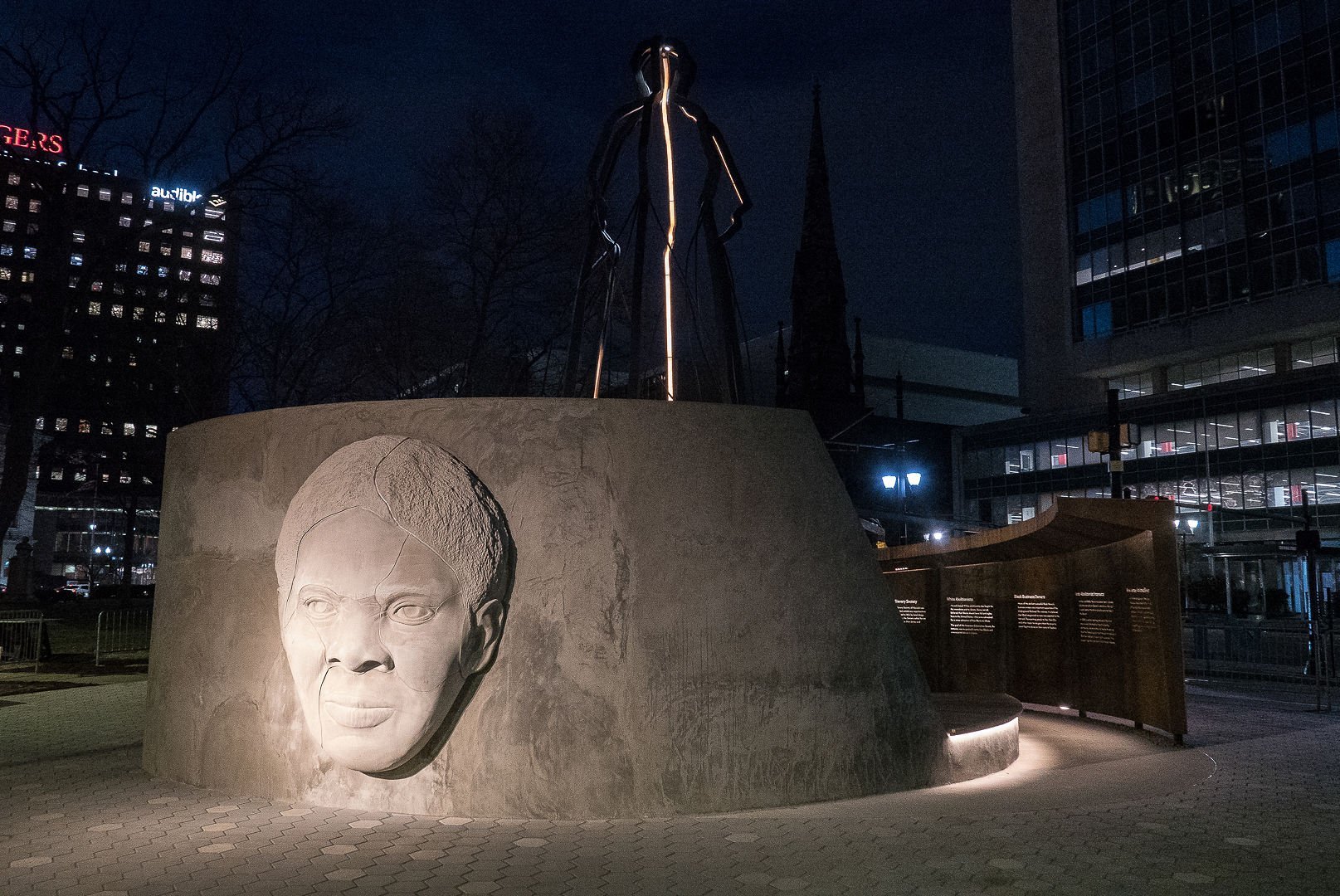
Become an advocate!
Light Justice is a collective effort and an ongoing learning endeavor. It spans everyone who cares about light and is impacted by light – both in the lighting profession and in our local communities. Join the conversation and learn to advocate for light justice!













